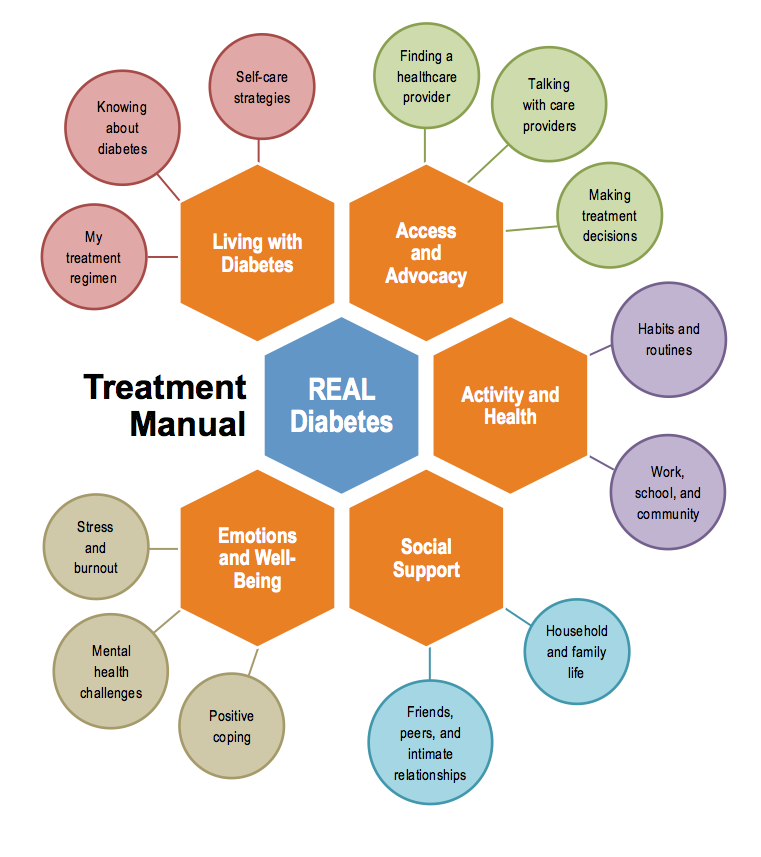USC Researcher Receives NIH Grant to Improve Self-Care Among LA-Area Latino Youth with Diabetes
SC CTSI KL2 alum Elizabeth Pyatak is seeking ways to make health an everyday habit for Latino teens.
USC occupational scientist and occupational therapist Elizabeth A. Pyatak, PhD, OTR/L, CDE, was awarded a $450,000 NIH grant to expand her investigation of ways to help young people with diabetes more successfully adopt the self-care habits and protocols recommended by their physicians.
The three-year grant, from the National Institute of Diabetes and Digestive and Kidney Diseases (NIDDK), will enable Pyatak, assistant professor in the USC Division of Occupational Science and Occupational Therapy (OS/OT), to conduct a clinical study of a health-related lifestyle intervention targeting Los Angeles Latinos in their teens and twenties.
Set to begin this fall, the study will build upon early-stage research that Pyatak conducted while a KL2 scholar in the Southern California Clinical and Translational Science Institute (SC CTSI).
Turning health recommendations into health habits
People with diabetes are advised to exercise, eat right, watch their weight, take medications and/or insulin injections, and monitor their blood sugar regularly, explained Pyatak.
"Young people with diabetes often feel like they’ve been given a laundry list of recommendations, but no suggestions on how to integrate those recommendations into their everyday life," said Pyatak. "These young people need tools to operationalize health habits."
With help from researchers in OS/OT and the SC CTSI KL2 program, Pyatak developed a lifestyle intervention program that drew from the extensive literature on diabetes self-care, her KL2 research investigating the needs of underserved young adults with diabetes, and the preventive occupational therapy intervention termed Lifestyle Redesign, developed by Florence Clark, PhD, OTR/L, associate dean, professor and chair in the Division of OS/OT.
The KL2 program also gave Pyatak access to Katrina Kubicek, PhD, assistant director of SC CTSI’s Community Engagement program, and Marisela Robles, MS, community liaison at SC CTSI, who connected Pyatak with the American Diabetes Association in Los Angeles and community clinics to find research participants. "Identifying and developing relationships with health care partners in the community is half the battle of conducting community engaged research," said Pyatak.
Pyatak's KL2 research suggested the lifestyle intervention may lead to improvements in medication adherence, blood glucose monitoring, depression, and quality of life. The NIH grant will fund a larger, randomized clinical study with 80 participants.
"The KL2 program served as an important bridge between my PhD dissertation research and my development into a clinical researcher," said Pyatak. "It really let me look in-depth at the challenge of managing diabetes in this particular demographic."
Her KL2 project was a multidisciplinary collaboration involving OS/OT and researchers from the Keck School of Medicine – including pediatric endocrinologist Marc Weigensberg, MD and adult endocrinologist Anne Peters, MD. Her K01 study also incorporates expertise from adolescent health researcher Donna Spruijt-Metz, PhD, and a multi-institutional collaboration, including mentorship from Robin Whittemore, PhD, APRN, of the Yale School of Nursing.
Pyatak has co-authored several articles focusing on the management of diabetes among young adults, including: "We Are All Gonna Get Diabetic These Days": The Impact of a Living Legacy of Type 2 Diabetes on Hispanic Young Adults' Diabetes Care, published in May in The Diabetes Educator.




